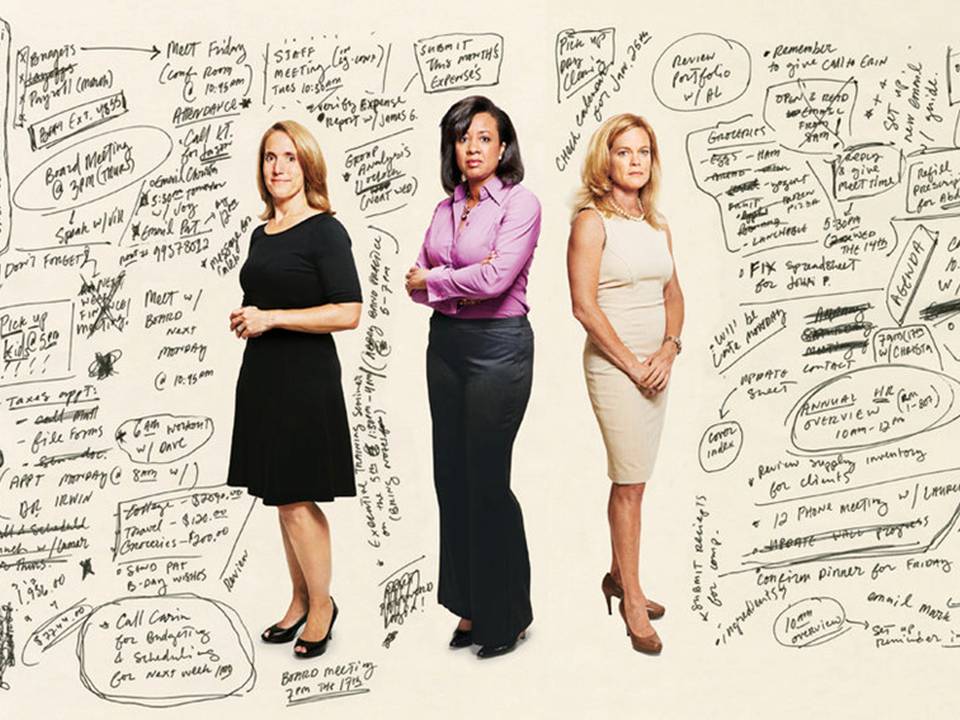Fear-based motivation is powerful. It focuses our brains and readies us for battle. It hones us in on priorities for self-preservation. It’s all around us and is exhausting. This is why Judith Warner’s feature article, “Ready to Rejoin the Rat Race?”, in the New York Times Magazine last Sunday made me so very tired.
Throughout most of the article, we see the usual flaw of solving with women and our “balance” at the center (rather than children, with parents around them, and innovative organizations with effective, humane leaders). This is not just another check-in on the “Mommy Wars” though. It’s more pernicious. The punch line here is that “opting out” to care for young children was mistake for many in my generation of women…not because the world loses access to this talent (the real tragedy), but because we could end up in a dreary condo post-divorce, without a way to support ourselves in the style to which we’ve become accustomed. Is this helpful? Is it even news? No.
Your mom and dad probably made this message as clear as mine did. Be able to support yourself. Get an unassailable education. Do the best, most valuable work you can. Be capable of supporting yourself and your family. For men it is no different. So, are couples meant to jockey for who will be in a better position for the inevitable divorce? Should we hang onto our corner office at all costs, even as organizations stagnate and families suffer?
And if we have kids, what about them? According to this article, there is “a new generation of social scientists” warning us about “the negative effects of excessive mothering”. What does that mean, exactly? If it means depressed moms or dads who have lost their sense of self, let’s be clear, talk about why, and help find ways they can get it back so they can be present and even occasionally joyful, for themselves and their children.
We’re spending too much time operating with a world-view which is all about dividing things up (chores, time, money) and being independent. What kind of abundant world would we have if men and women alike grew more slowly but surely into empathetic leadership while they helped their children, parents, and community grow as well? What would it feel like to strive for mutuality rather than independence – forging marriages and organizations which build something better than any one person could do alone and bonds strong enough to survive and dampen the inevitable stressors of modern life, especially co-parenting.
While we fret, entrepreneurial and intrapraneurial men and women are building models for what the future could hold, within innovative and supportive organizations or on their own. We don’t need more worries. We need organizational redesign, at home and at work. We need solutions journalism. I wish writers with platforms in the New York Times, the Wall Street Journal, etc would tell THOSE stories.
But fear sells, doesn’t it? Stop buying it.
Thanks to Kathryn Edelman and Eva Basilion for sharing an early, on-line version of the New York Times article. Thanks to Amy Price Neff and Kathleen Wolff Price for recommending The Buddha’s Brain by Hanson and Mendius.
Photo credit: New York Times, Jeff Brown; from left: Carrie Chimerine Irvin, Kuae Kelch Mattox, Sheilah O’Donnel



